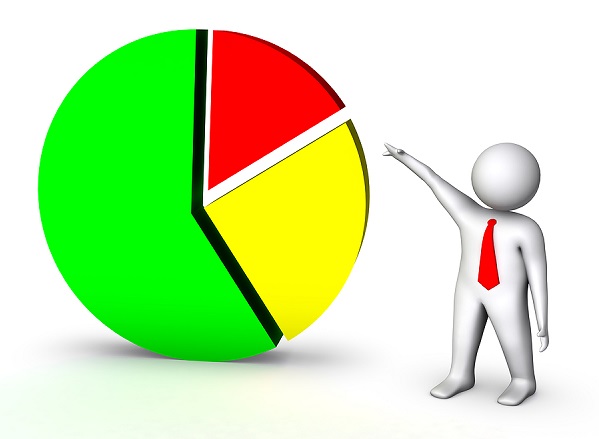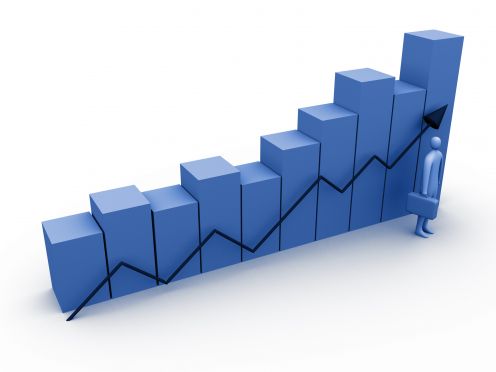The concept of consumer’s surplus is one of the most important idea in economic theory especially in demand and welfare economics. This law was first developed by French engineer A.J Dupuit in 1844 to measure the social benefits of public commodities like canals, bridges, national highways, etc. This concept was further refined and popularized by Dr. Alfred Marshall in 1890. The essence of the concept of consumer’s surplus is that people generally get more satisfaction or utility from the consumption of commodities than the actual price they pay for them. It has been found that people are willing to pay more price for the commodity than they actually pay for them. This extra satisfaction which the consumers obtain from buyingContinue reading
Economics Basics
Techniques of Demand Forecasting
Broadly speaking, there are two approaches to demand forecasting– one is to obtain information about the likely purchase behavior of the buyer through collecting expert’s opinion or by conducting interviews with consumers, the other is to use past experience as a guide through a set of statistical techniques. Both these techniques of demand forecasting rely on varying degrees of judgment. The first method is usually found suitable for short-term forecasting, the latter for long-term forecasting. There are specific techniques which fall under each of these broad methods. Judgmental Approaches to Forecasting By their nature, judgment-based forecasts use subjective and qualitative data to forecast future outcomes. They inherently rely on expert opinion, experience, judgment, intuition, conjecture, and other “soft” data. SuchContinue reading
Steps in Demand Forecasting
Demand or sales forecasting is a scientific exercise. It has to go through a number of steps. At each step, you have to make critical considerations. Such considerations are categorically listed below: 1) Nature of forecast: To begin with, you should be clear about the uses of forecast data- how it is related to forward planning and corporate planning by the firm. Depending upon its use, you have to choose the type of forecasts: short-run or long-run, active or passive, conditional or non-conditional etc. 2) Nature of product: The next important consideration is the nature of product for which you are attempting a demand forecast. You have to examine carefully whether the product is consumer goods or producer goods, perishableContinue reading
Demand Forecasting in Managerial Economics
One of the crucial aspects in which managerial economics differs from pure economic theory lies in the treatment of risk and uncertainty. Traditional economic theory assumes a risk-free world of certainty; but the real world business is full of all sorts of risk and uncertainty. A manager cannot, therefore, afford to ignore risk and uncertainty. The element of risk is associated with future which is indefinite and uncertain. To cope with future risk and uncertainty, the manager needs to predict the future event. The likely future event has to be given form and content in terms of projected course of variables, i.e. forecasting. Thus, business forecasting is an essential ingredient of corporate planning. Such forecasting enables the manager to minimizeContinue reading
The Concept of Supply
Like the term ‘demand’, the term ‘supply’ is also often misused in the ordinary language. Supply of a commodity is often confused with the ‘stock’ of that commodity available with the producers. Stock of a commodity, more or less, will equal the total quantity produced during a period less the quantity already sold out. But we know that the producers do not offer whole of their stocks for sale in the market, a part of industrial produces is kept back in godowns and is offered for sell in the market when it can fetch better prices. In other words the amount offered for sale may be less (or at the most in rare circumstances equal to) than the stocks ofContinue reading
Law of Demand
Suppose you want to buy mangoes at Rs.100 per dozen you buy 6 dozens. If the price of mangoes increase to 200/- then how much will you buy? Definitely less quantity of goods. What kind of relationship is there between the price and quantity demanded? There is inverse relation. The law of demand explains the functional relationship between price of a commodity and the quantity demanded of the same. It is observed that the price and the demand are inversely related which means that the two move in the opposite direction. An increase in the price leads to a fall in the demand and vice versa. The law of demand states that “Ceteris paribus (other things remaining the same), higherContinue reading



